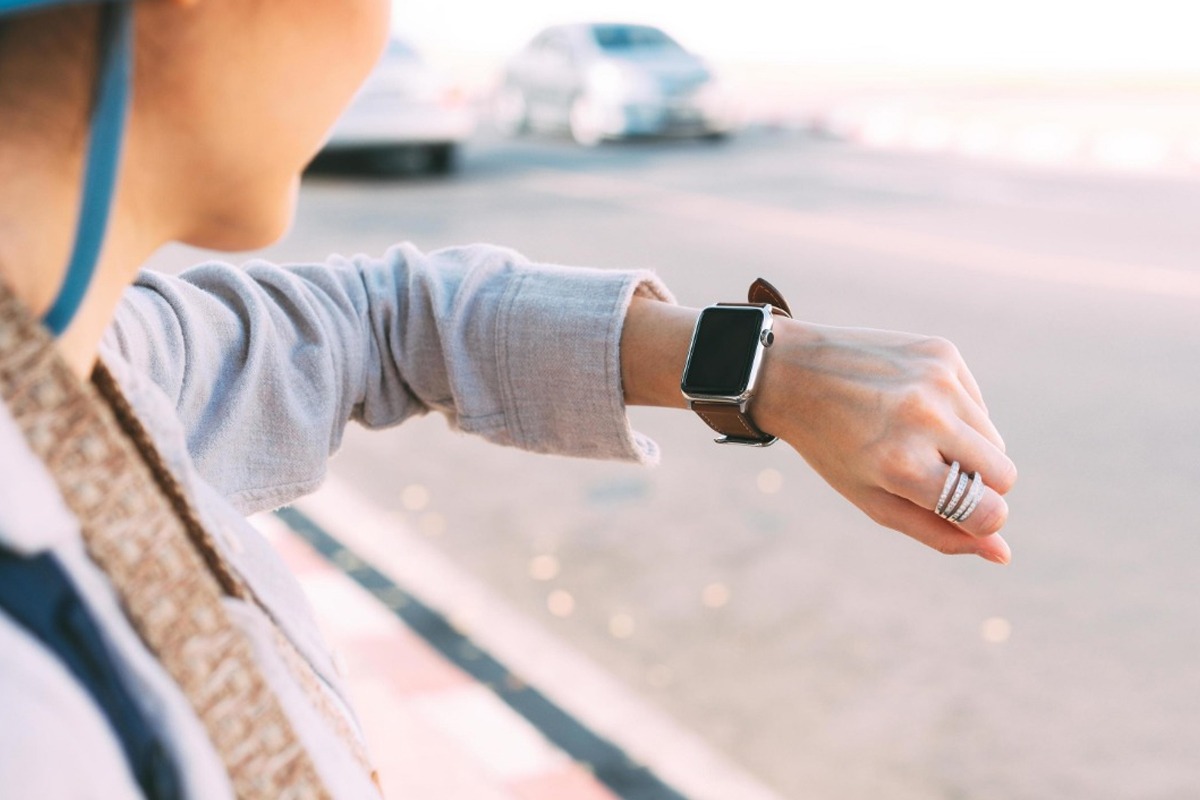Consider this: Your health monitoring devices, like smart wearables, not only keep track of your physical activities but also give you personalised recommendations on when and what to eat, how much water to drink and what to avoid – based on your genetic predisposition or Prakriti, geographical location, and climate conditions.
For a long time, there have been calls to integrate the principles of Ayurveda – the ancient Indian knowledge that focuses on preventive and personalised aspects of health rather than the curative side – with modern science and technology to enable modern, globalised citizens to live a stress-free, healthy and happy lifestyle.
In this quest, a team from the Indian Institute of Technology (IIT), Jodhpur, is working to develop a platform that will add an “Ayurvedic” layer to the algorithms of smartwatches and mobile applications that you rely on to monitor and maintain your health.
“This platform or tech layer relies heavily on an individual’s prakriti – the baseline homeostatic state of the person. Ayurveda offers a very interesting definition of health, which is defined by a person’s constituent type. It describes any population in seven broad constituent types based on doshas – vaat, pitta, and cough,” says Prof. Mitali Mukerji, a champion of Ayurgenomics in India who co-heads IIT Jodhpur’s AyurTech Centre of Excellence along with Prof. Ajay Agarwal of Department of Electrical Engineering.
ALSO READ: Future wars: Why India must prepare for swarm drone attacks
Prof Mukerji, a recipient of the celebrated Shanti Swarup Bhatnagar award, further explains, “A person’s prakriti is defined based on the proportion of doshas. Prakriti defines the health baseline state of an individual, which governs how a person will respond to different environments, geographical conditions, and different kinds of food and how they might have different kinds of risk for different diseases.”
The tech platform that her team of engineers are developing in collaboration with Dr Sarvepalli Radhakrishnan Rajasthan Ayurved University and AIIMS, Jodhpur will easily identify a person’s prakriti and give them personalised health recommendations – adding a layer of Ayurvedic knowledge to modern-day tech interventions in the health domain.
ALSO READ: India may get shape-changing military vehicle in future
At present, practitioners of Ayurveda identify and decide a person’s prakriti by accessing their doshas through three different traditional methods – by sensing the nervous system, by the colour of their hair, and by asking certain questions or a mix of them, says Ahmedabad-based famous Ayurveda consultant Dr Pravin Shambhubhai Hirpara.
“Knowing your Prakriti is very important for the treatment and prevention of diseases. Unlike allopathy, Ayurveda does not believe in a ‘one size fits all’ approach. For example, if a person of pitta prakriti catches a cold and then eats ginger for a cure, it won’t work. On the contrary, it will create more problems,” Dr Hirpara, the director of Ahmedabad’s SGVP Holistic Hospital, told The New Indian.
The determination of a person’s prakriti guides them to follow an Ayurveda-based preventive diet, lifestyle, medicines, and panchakarma to maintain a healthy lifestyle, he says, adding that an individual’s health trajectory can be predicted right from a very early stage.
ALSO READ: Indians Pay Double If They Choose Pvt Over Govt Hospital: IIT Jodhpur
In Jodhpur, Prof. Mukerji’s team is trying to understand prakriti by deploying modern technological tools like sensors, artificial intelligence (AI) and machine learning.
“We are trying to develop assistive tools that can, in conjunction with the assessment of Ayurveda experts, enable objectivity in the assessment of prakriti. Our device will capture prakriti attributes and we would use that for learning from Ayurveda doctors’ assessment,” Prof. Mukerji, who teaches biosciences and bioengineering at IIT Jodhpur, tells The New Indian.
The team aims to use machine learning methods to build recommendation engines that can be integrated with the Internet of Things (IoT) to realise the larger goal of achieving predictive, preventive, personalised, and participatory health objectives.
ALSO READ: IT Layoffs Temporary, India Will Be Global IT Leader In 30 Yrs: Infosys Co-Founder To TNI
Explaining the potential of their platform, she says, “Currently available watches or smart apps tell you that you need to drink water or walk a certain number of steps. These are generic recommendations.”
“We think Prakriti will add a layer to it so that it can be determined who requires what amount of water and steps by assessing an individual’s personalised make-up. It will give personalised solutions, not generic ones,” Prof Mukerji said.

